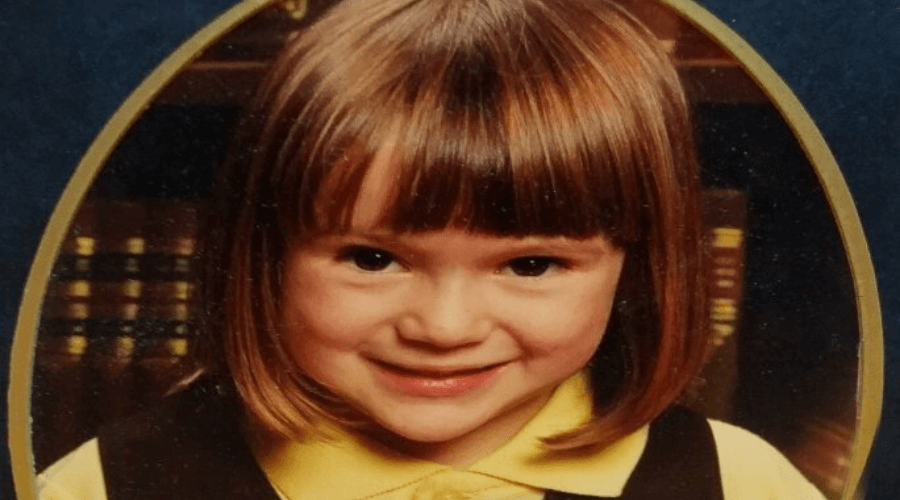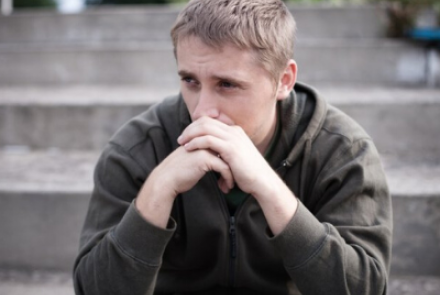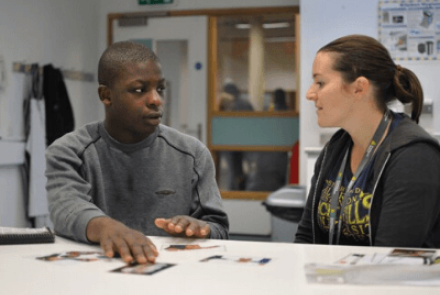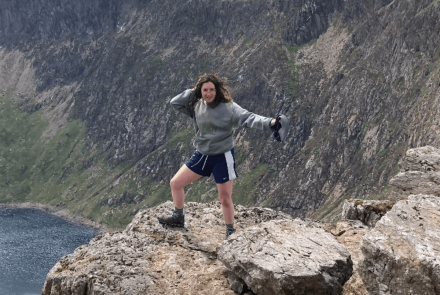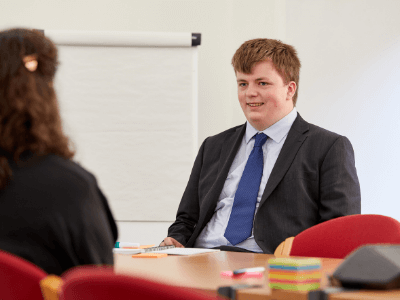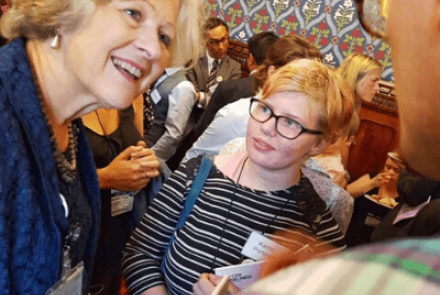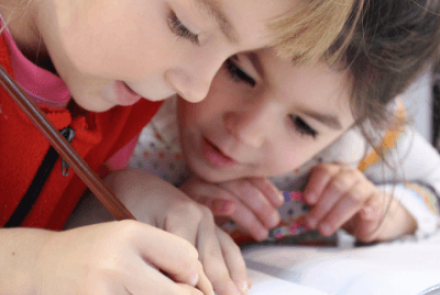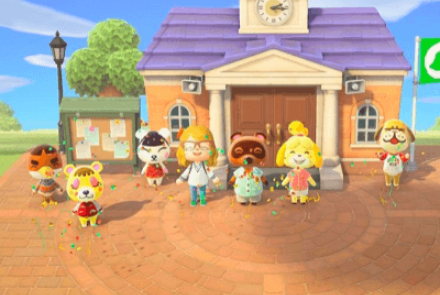Getting my autism diagnosis
My name is Amy, and I am a female on the Autistic spectrum.
My parents began suspecting I was different early on. I learned everything about certain subjects, but I wasn’t that interested in playing with dolls or other children. When I did play, I would act like a director, telling the children what to pretend to be, and pointing out unrealistic scenarios. This could upset the other children, but I didn’t understand why, and so I would get angry or refuse to play.
I liked school, but when the class did not interest me I would do what I wanted, like writing poems in math class. My teachers agreed that I was bright, but that my behaviour was poor, and that I was not applying myself as I should have been.
The teachers were not sure what to do. I felt lonely, I couldn’t keep friends, and in the playground children would run away from me. I would go to the library and sit at the computer, learning about my favourite subjects on the internet.
Aged 8, I was referred by the Child and Adolescent Mental Health Service (CAHMS) for an assessment for Aspergers’ Syndrome. I took tests, was observed at school, and my parents and teachers were interviewed about my behaviour.
My parents were convinced that the symptom profile of Aspergers’ fit me like a glove, but my teachers were skeptical. They thought I was clever but naughty.
They couldn’t understand how a child who seemed academically able could behave like a much younger child.
When asked by the assessor what I thought was the reason for me not getting on with other children, I responded that “it could be because I wear trousers instead of skirts. I will try to wear skirts more often and see if this improves things”.
CAHMS assessed me as not reaching the full criteria for Aspergers’. They found I had many Aspergers’ traits, but I did not fit the standard profile: I had eye contact, I was chatty and I was tactile (I loved to wrestle).
My parents were upset. As there was a family history of Autism, they felt the assessment was wrong. But they continued trying to get me help, and at age 10 I was assessed privately and found to be Dyslexic, Dyspraxic, and to have ADHD. I was also found to have a ‘spiky cognitive profile’, being in the top 1% for verbal reasoning, but average in other areas. This is quite unusual, but common in Autism Spectrum Disorders.
I hoped to make a new start at secondary school. I made my first proper friend, and was invited round for tea on a weekly basis, which was a brand new experience! Unfortunately, when this friendship went wrong, I stopped attending school altogether.
By this point, I was spending most of my time at home on the internet, within online communities such as fan sites and websites where you could share your art. I had made online friends and found the online world easier to understand, in fact for the first time I felt that I was popular and had something to contribute.
When I dropped out of school, I was referred back to CAMHS. I met a paediatrician, who immediately recognised me as being on the spectrum. After a few tests, I was officially diagnosed, at age 13.
We now know that females on the Autistic Spectrum present differently to males. They may appear more socially able, or be able to mask their symptoms. They may speak in a ‘sing song’ style rather monotonous. They may copy the social styles of their peers. They may have special interests that are ‘gender appropriate’, but pursue them to a higher degree. All of these differences applied to me.
The delay in my diagnosis had a huge knock on effect in my life. Without GCSEs, it was difficult to find a college to continue education. Fortunately, I had developed a photography portfolio, and Guildford College took a chance on me. In the end I achieved a top grade of triple distinction, and won Media Student of the Year.
I went on to study a photography degree, and achieved a first class, but in hindsight I wonder what I could have achieved had I been diagnosed earlier and given the support I needed. Perhaps I could have avoided mental health problems, loneliness, confidence issues, and gone to study an academic subject.
Through the Autism Exchange programme, I have been able to explore other roles, such as the Civil Service where I interned last year.
I now believe that the only thing that can hold me back is my own ambition, and I am working towards creating a website that other neurodiverse people can use to find opportunities and follow their dreams.

